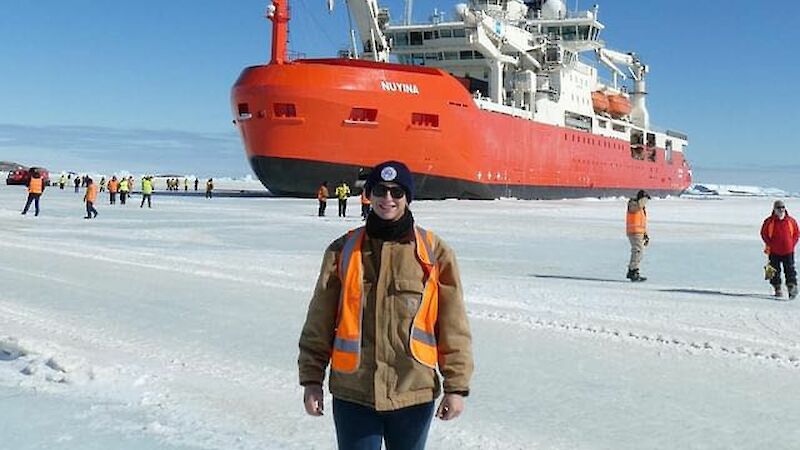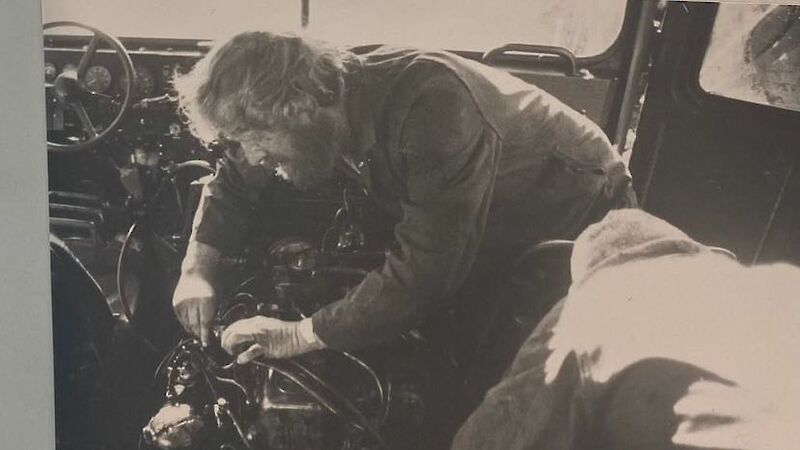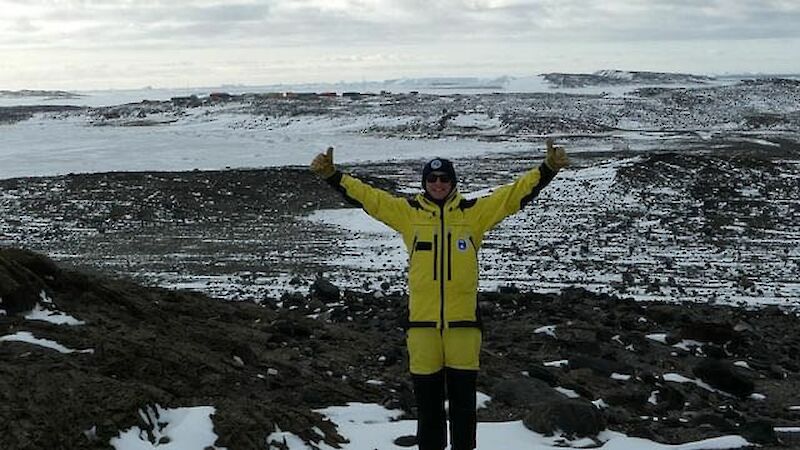“My grandfather’s recollections of traversing over the continent with bulldozers pulling sleds and skiing with the huskies drew my interest and had me wondering what adventures Antarctica might hold for me,” Matt said.
“Over the years I learned it wasn’t only the recreational trips and the work but also the shared experiences and people skills he developed working in such a remote environment.”
His grandfather, Albert Bruehwiler, went to Antarctica as a plant inspector five times between 1982 and 2008, mostly to Mawson research station but also to Davis and Macquarie Island.
He was awarded the Antarctic Medal in 1993 for his work with the mechanical maintenance team and for "showing great compassion, wisdom, tolerance and understanding of the demands of living in isolation".





